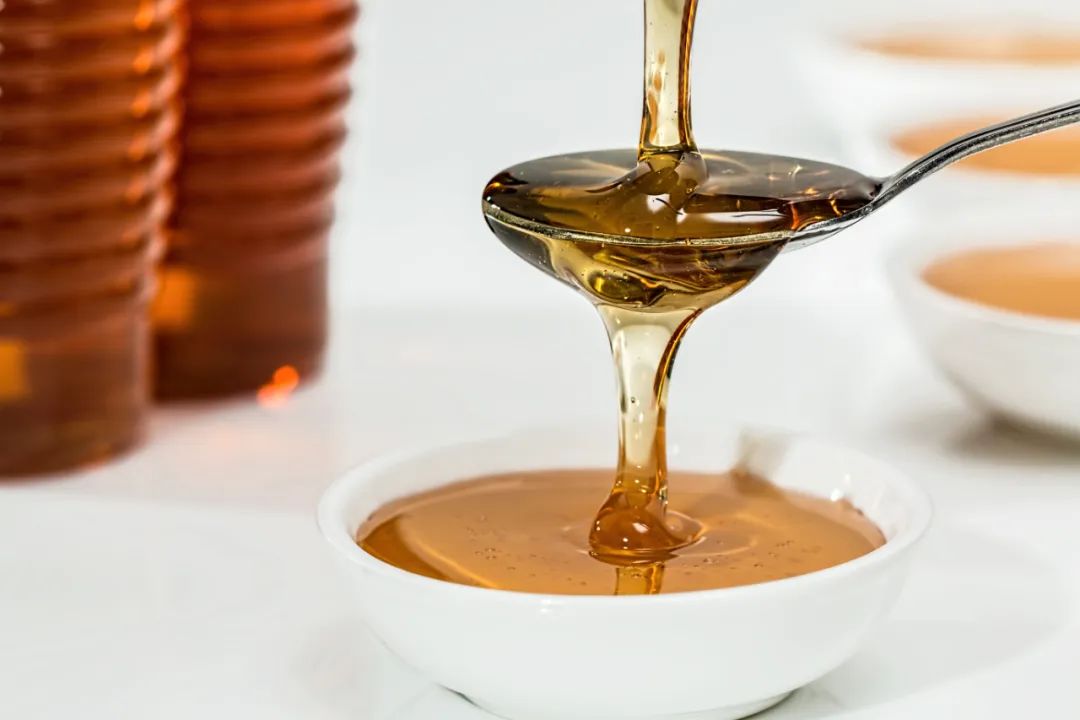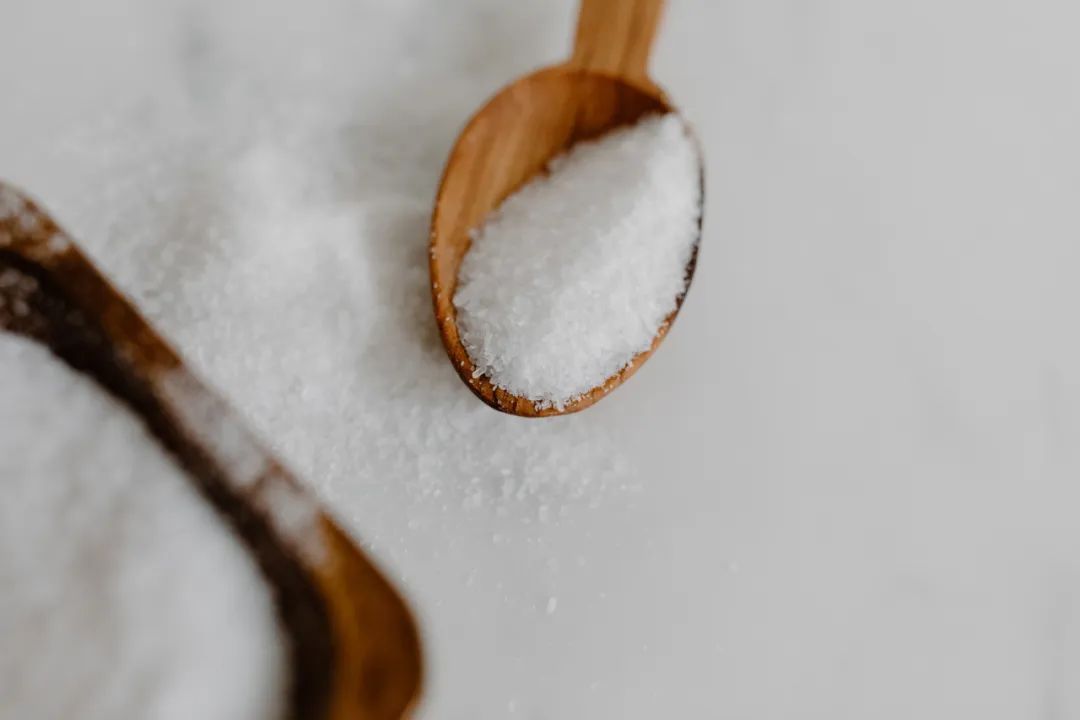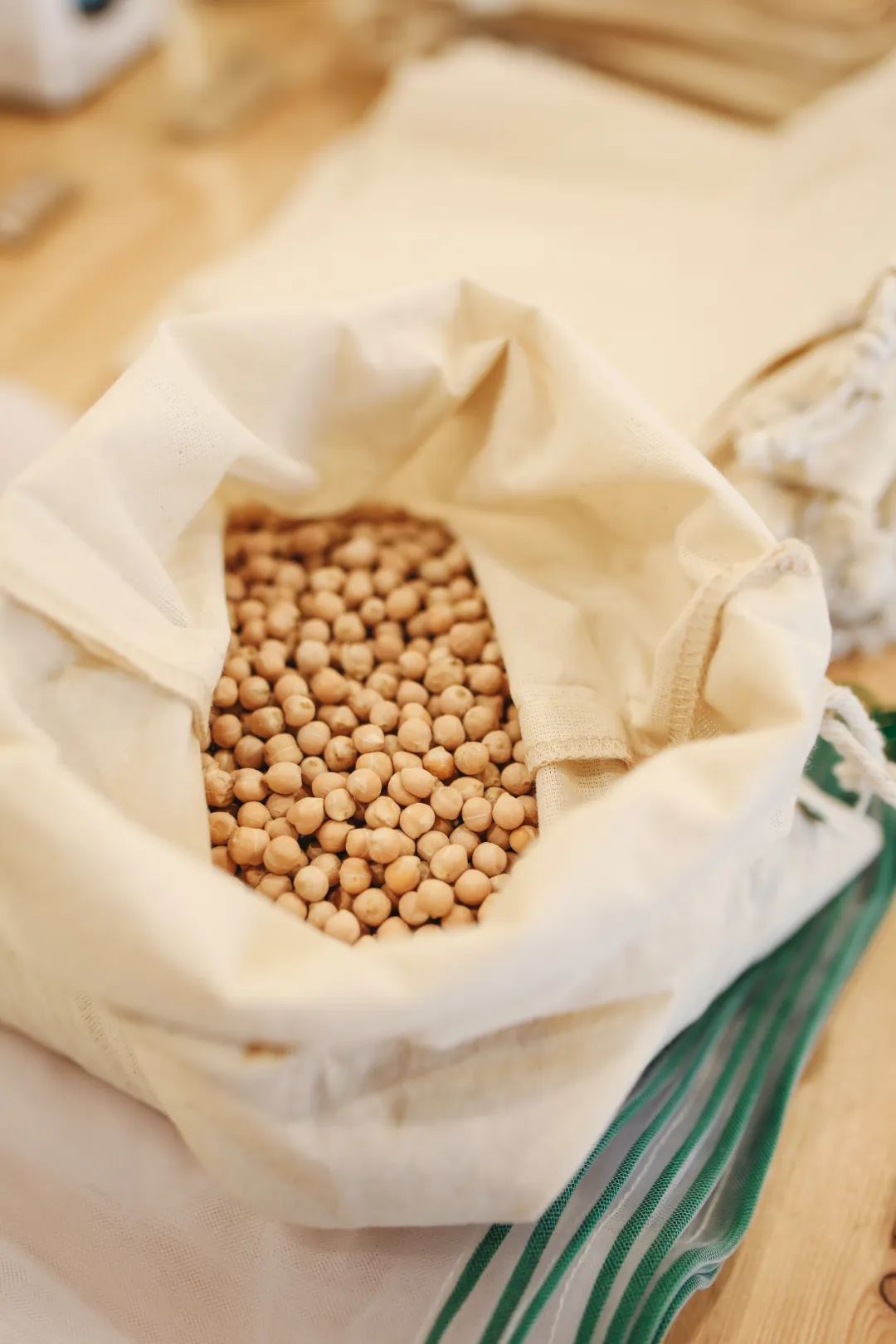These 6 kinds of foods do not have a "shelf life", and every family has it. I advise you not to throw it away stupidly!
Author:Voice of Women's Federation o Time:2022.06.27
Bleak
Daily life
When you buy food
I often look at the "shelf life" first
After all, the "shelf life" is related to the quality and safety of food
But do you know?
Some foods have no "shelf life"
You can continue to eat even for a long time
I advise you not to throw it away stupidly!
Which foods have no "shelf life"?
Take you to find out!
Honey
From the perspective of nutrition, the real honey does not have a "shelf life", and even if it is stored for a long time, it is not prone to moldy and deteriorating. Although honey sold on the market is marked with a clear "shelf life", because the state stipulates that food must indicate that food has a "shelf life", and the "shelf life" of honey is mostly two years.
Honey contains 0.1%to 0.4%of bacteriostatin, and there is almost no water, and it is difficult to breed even if bacterial invasion. The sealing honey is placed in a cool and dry place, and generally does not deteriorate.

At present, humans can find the oldest honey brewed 5500 years ago and can still be eaten so far. It can be seen that the preserved honey itself does not have a "shelf life", but there is a premise that honey cannot be blended fake honey and mature enough.
Solid sugar
The solid sugar structure has less water and strong osmotic pressure, which is not conducive to the growth of microorganisms, and it is not easy to pollute. Therefore, it is not easy to deteriorate and there is no "shelf life".
However, sugar is easy to absorb moisture. If it is not placed properly, the nature of the nature will be contaminated by microorganisms. If it is placed in a cool environment to avoid high temperature and high humidity environment, it can generally be stored for a long time. It is recommended to store sugar as much as possible in the sealed container.
salt
During the production process, the edible salt will appear sodium chloride and chemicals, so that the "shelf life" can be effectively maintained.

Therefore, no matter what salt is, it will generally not expire, but the problem of humidity blocks due to improper storage can be continued.
Grain (white) wine
The most authentic liquor comes through food, and the authentic grain and wine are not "shelf life".
As the saying goes, wine is the fragrance of Chen, and the white wine brewed in pure food will continue to ferment during the storage process, and the taste will become more and more soft.
Old vinegar
According to national regulations, the old vinegar with an acidity above 4.5 g/dl can be exempted from the "shelf life". To this extent, the pH value can be significantly inhibited to significantly inhibit the growth of microorganisms, prevent bacteria pollution, and can achieve long -term storage for long -term storage The role.
However, once the vinegar is opened, it will inevitably be affected by the temperature and air of the outside world. For example, many families generally put the vinegar next to the fire. At this time, the temperature is relatively high, and the vinegar is easily exposed to the air. Expired and deteriorated.
It is recommended to seal the vinegar densely in a cool and avoid light, but this does not mean that it can be kept permanently. If the vinegar liquid becomes turbid, has a precipitation or abnormal taste, it means that the vinegar has deteriorated.
Dried soybean

After the soybeans are dried, there is very little water contained in it. If it is stored in dry, cool, and ventilated places, it can be stored longer.
However, if the surface of the soybeans has obvious mildew, and with mold or other odors, it means that the soybeans have been stained with olexo toxin. It is recommended not to eat it anymore.
Common food in life
How long is the "shelf life"?
1. Egg

There is no fixed "shelf life", and there are generally no problems in 3 to 5 weeks. But every week after a week, the quality will drop by one level, so it is best to eat it as soon as possible.
Second, meat
Fresh meat such as fish, beef, pork, poultry, etc., the refrigerated time is best not to exceed 2 days. After buying the meat home, if it is not frozen, it should be cooked as soon as possible. The cooked meat refrigerates longer, but it is also best to finish eating within a week.
Three, rice noodles
The "shelf life" of rice noodles is 6 months to 12 months under normal temperature. If it is in the north, as long as it is not placed in a high temperature and humid place, it can be extended to 24 months when the storage conditions are normal.
Fourth, bread and pastry

Bakery and pastry such as bulk foods in winter are generally 7 days, spring and autumn are 3 to 5 days, and summer is only 1 to 2 days. Because such foods are rich in moisture, if they are not stored properly, bread and pastry are likely to be moldy the next day and cannot continue to eat.
Five, edible oil
In the state of unknown, the "shelf life" of general edible oil is 18 months. Once opened, the "shelf life" of edible oil will be shortened accordingly, and it is best to eat within 3 months.
Precautions
Although there is a "shelf life", some foods may be broken in advance for improper storage. If it is not stored properly, when eating these foods, it is found that there are moldy, sticky, soft or hard texture, and suffering, acid, and odor. Do not eat it even if you do n’t expire.

Source/CCTV Life Circle
Edit/Liao Yunqing
- END -
"Implementing the" Henan Province Anti -Drug Regulations "jointly constructing peace and non -toxic Central Plains" to give up the test: I retrieved the beam of light

Provincial women for compulsory isolation of detoxification at the drug abuse pers...
In 2021, more than 60,000 people with more than 60,000 blood donation 20.33 tons
June 14, 2022 is the 19th World Blood donor day. This year's propaganda theme is B...